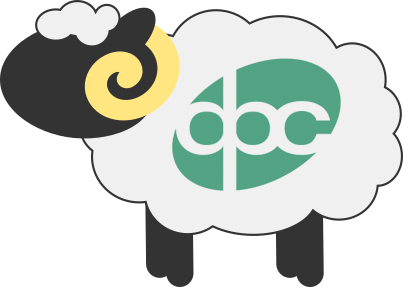 The Digital Preservation Coalition (DPC) has launched an updated version of its Rapid Assessment Model (DPC RAM) today.
The Digital Preservation Coalition (DPC) has launched an updated version of its Rapid Assessment Model (DPC RAM) today.
Designed to enable rapid benchmarking of an organization’s digital preservation capability, DPC RAM is a digital preservation maturity modelling tool which aims to be applicable for organizations of any size in any sector, and for all content of long-term value. It uses existing good practice to offer a model which is easy to understand, quick to apply and is freely available for anyone to use.
Drawing on DPC Member expertise in Indigenous data sovereignty and the de-colonization of archives particularly in Australasia and Asia-Pacific, ethics are at the core of the updates users will see in version 3. The Legal basis capability has been renamed "Legal and ethical," and the wording which summarizes each level and many of the examples now references not just legal rights and responsibilities but also social and cultural ones.
“As a community we've made great steps in recognising the importance of not just the technical but also the organizational challenges in digital preservation, but have we fully recognised the human and ethical perspectives in our work?” observes Paul Wheatley, Head of Research and Practice for the DPC.
“In the previous version of the model we introduced some minor changes relating to ethical concerns, but we were aware that more work was needed in this area to incorporate some of the well-established and comprehensive good practice guidance that is available. And so for version 3, we've conducted a much more thorough review in this area.”
The updated Rapid Assessment Model also includes a new version of the RAM spreadsheet which allows users to visualize RAM results over time - it comes with full instructions on how to enter previous RAM results and offers charts and graphics which demonstrate the changes achieved. Another addition in version 3 is a brand-new template to help users create their own forward plan. The template can be edited to include actions that will help progress towards RAM targets and address the capability gaps that have been highlighted through a RAM assessment.
With continuous improvement at its core, the DPC RAM supports progress in digital preservation – neither a one-off exercise nor a challenge that can be quickly solved. Understanding where an organisation is in terms of its digital preservation activities, where it wants to be, and how it can incrementally move forward towards its goal is key to achieving good practice. The DPC recommends using the RAM on an annual basis to check progress and assess goals.
Originally developed in conjunction with the Nuclear Decommissioning Authority in the UK and first launched in 2019, the tool is available for anyone to use but DPC members receive exclusive access to benchmarking information from the wider membership which supports goals setting, internal advocacy and peer evaluation.
The DPC is an international charitable foundation which supports digital preservation, helping its members around the world to deliver resilient long-term access to digital content and services through community engagement, targeted advocacy work, training and workforce development, capacity building, good practice and standards, and through good management and governance. Its vision is a secure digital legacy.









































































































































